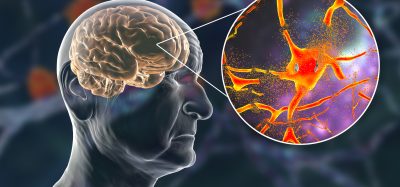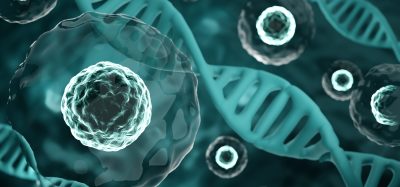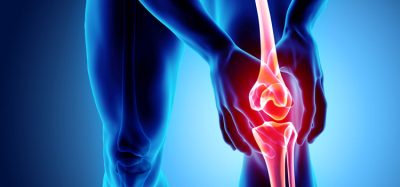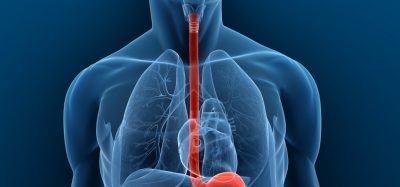Unlocking the power of stem cell therapy
Posted: 9 February 2024 | Dr Alexander Scheer (Scheer Medical Wellness), Ellen Capon (Drug Target Review) | No comments yet
In this Q&A, founder of Scheer Medical Wellness Dr Alexander Scheer shares his insights, discussing the current challenges in stem cell therapy and how these can be addressed, the advancements in delivery techniques, and stem cells’ overall potential in regenerative medicine.
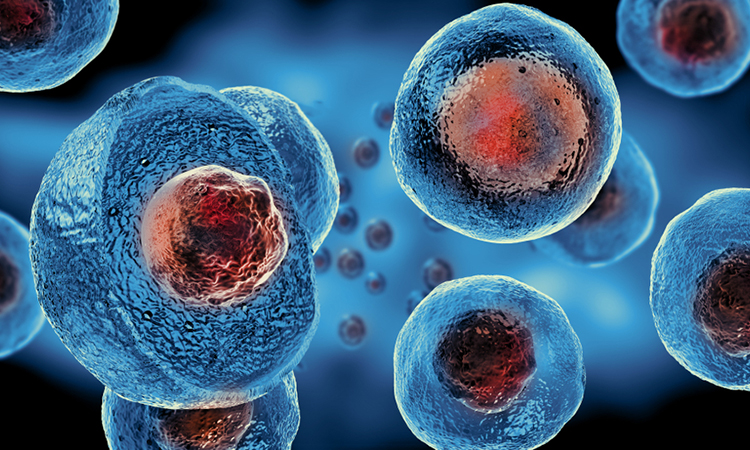

What key findings about stem cell behaviour, differentiation and integration within host tissues impact the development of stem cell therapies?
Adipose-derived stem cells (ADSCs) have garnered attention due to their remarkable ability to differentiate into various cell types crucial for tissue regeneration and repair. Their plasticity allows them to adapt to the microenvironment of host tissues, facilitating integration and functional restoration. Additionally, ADSCs possess immunomodulatory properties, enabling them to modulate immune responses and promote tissue healing. These characteristics position ADSCs as promising candidates for addressing a wide range of medical conditions, from degenerative diseases to traumatic injuries.
What are the current challenges and limitations surrounding stem cell therapy in preclinical studies, and how are these issues addressed to ensure the safety and efficacy of potential treatments before advancing to clinical trials?
Despite their potential, ADSC therapy faces several challenges in preclinical studies. These include ensuring controlled differentiation of ADSCs into desired cell types, addressing safety concerns such as the risk of tumorigenicity or immunogenicity, and optimising large-scale production methods. To overcome these challenges, researchers employ rigorous preclinical assessments, refine culture techniques to enhance cell purity and functionality, and develop standardised protocols for consistent results.
What experimental models and assays are commonly used to assess the therapeutic potential of stem cells, and how well do these models predict the outcomes observed in later-stage clinical trials?
Researchers commonly use a combination of in vitro cell culture assays and in vivo animal models to assess the therapeutic potential of ADSCs. While in vitro assays provide controlled environments for studying cellular behaviour and differentiation, in vivo models offer insights into tissue-level interactions and responses. However, translating findings from these models to clinical trials requires careful consideration of factors such as disease complexity, species differences, and the relevance of model systems to human physiology.
Can you discuss how advancements in delivery techniques contribute to enhancing therapeutic effectiveness and precision of stem cell treatments?
Recent advancements in delivery techniques have significantly enhanced the precision and effectiveness of ADSC treatments. Biomaterial-based scaffolds provide structural support and mimic the extracellular matrix, facilitating tissue regeneration and integration. Additionally, innovations in 3D bioprinting enable the fabrication of complex tissue structures, offering tailored solutions for patient-specific needs. These delivery techniques improve cell retention, viability, and functionality post-transplantation, maximising therapeutic outcomes.
Is there a certain disease or condition that you believe stem cell therapy holds the most promise for?
ADSC therapy holds promise for a multitude of medical conditions, including but not limited to wound healing, organ repair, autoimmune disorders, and cancer treatment. In wound healing, ADSCs accelerate tissue regeneration and reduce scarring, offering hope for chronic wound management. Similarly, in organ repair, ADSCs contribute to tissue regeneration and functional restoration, potentially revolutionising treatments for conditions such as myocardial infarction and liver cirrhosis. Moreover, their immunomodulatory properties make them valuable assets in managing autoimmune diseases by suppressing aberrant immune responses. Furthermore, ongoing research explores the potential of ADSCs in cancer therapy, both in supporting conventional treatments and directly targeting cancer cells. Overall, ADSC therapy represents a versatile and promising approach in personalised and regenerative medicine, with the potential to improve patient outcomes and quality of life across diverse medical fields.
Author bio
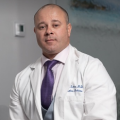

Dr Alexander Scheer
Founder of Scheer Medical Wellness
Dr Alexander Scheer, the founder of Scheer Medical Wellness, is a New York-based physician, with more than 20 years of expertise. He serves as the Medical Director (MD) of Scheer Medical Wellness, a cutting edge practice which provides a comprehensive range of high-quality services. These services encompass pain management, neurosurgery, spinal surgery, orthopedic surgery, primary care, physical therapy, physical medicine and rehabilitation, podiatry, plastic surgery, acupuncture, weight loss management, gastroenterology, and sports medicine.
Dr Scheer earned his medical degree from New York Medical College and subsequently completed his Surgical internship at Mount Sinai Beth Israel, followed by training in neurological surgery at the Albert Einstein College of Medicine until 2009. Dr Scheer is licensed to practice medicine in the state of New York and has dedicated his career to enhancing the well-being of his patients, enabling them to lead long and healthy lives.
Related topics
Regenerative Medicine, Stem Cells
Related conditions
autoimmune diseases, Cancer, fibrosis, liver cirrhosis, myocardial infarction
Related organisations
Scheer Medical Wellness
Related people
Dr Alexander Scheer (Scheer Medical Wellness)




